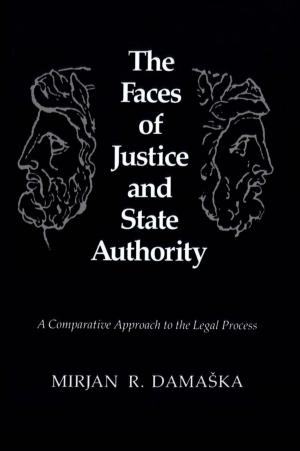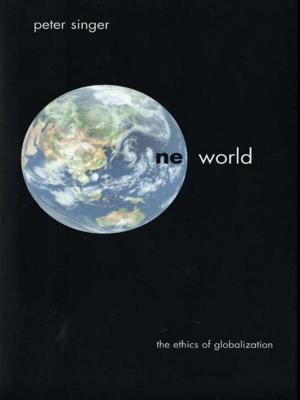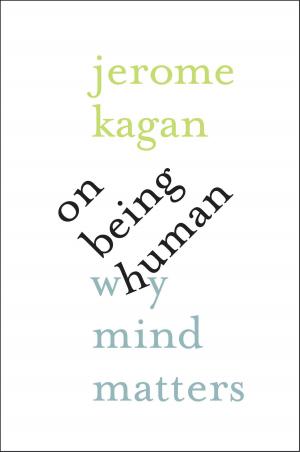The Global War for Internet Governance
Nonfiction, Reference & Language, Law, Science & Technology, International, Social & Cultural Studies, Political Science, International Relations| Author: | Laura DeNardis | ISBN: | 9780300182118 |
| Publisher: | Yale University Press | Publication: | January 14, 2014 |
| Imprint: | Yale University Press | Language: | English |
| Author: | Laura DeNardis |
| ISBN: | 9780300182118 |
| Publisher: | Yale University Press |
| Publication: | January 14, 2014 |
| Imprint: | Yale University Press |
| Language: | English |
The Internet has transformed the manner in which information is exchanged and business is conducted, arguably more than any other communication development in the past century. Despite its wide reach and powerful global influence, it is a medium uncontrolled by any one centralized system, organization, or governing body, a reality that has given rise to all manner of free-speech issues and cybersecurity concerns. The conflicts surrounding Internet governance are the new spaces where political and economic power is unfolding in the twenty-first century.
This all-important study by Laura DeNardis reveals the inner power structure already in place within the architectures and institutions of Internet governance. It provides a theoretical framework for Internet governance that takes into account the privatization of global power as well as the role of sovereign nations and international treaties. In addition, DeNardis explores what is at stake in open global controversies and stresses the responsibility of the public to actively engage in these debates, because Internet governance will ultimately determine Internet freedom.
This all-important study by Laura DeNardis reveals the inner power structure already in place within the architectures and institutions of Internet governance. It provides a theoretical framework for Internet governance that takes into account the privatization of global power as well as the role of sovereign nations and international treaties. In addition, DeNardis explores what is at stake in open global controversies and stresses the responsibility of the public to actively engage in these debates, because Internet governance will ultimately determine Internet freedom.
The Internet has transformed the manner in which information is exchanged and business is conducted, arguably more than any other communication development in the past century. Despite its wide reach and powerful global influence, it is a medium uncontrolled by any one centralized system, organization, or governing body, a reality that has given rise to all manner of free-speech issues and cybersecurity concerns. The conflicts surrounding Internet governance are the new spaces where political and economic power is unfolding in the twenty-first century.
This all-important study by Laura DeNardis reveals the inner power structure already in place within the architectures and institutions of Internet governance. It provides a theoretical framework for Internet governance that takes into account the privatization of global power as well as the role of sovereign nations and international treaties. In addition, DeNardis explores what is at stake in open global controversies and stresses the responsibility of the public to actively engage in these debates, because Internet governance will ultimately determine Internet freedom.
This all-important study by Laura DeNardis reveals the inner power structure already in place within the architectures and institutions of Internet governance. It provides a theoretical framework for Internet governance that takes into account the privatization of global power as well as the role of sovereign nations and international treaties. In addition, DeNardis explores what is at stake in open global controversies and stresses the responsibility of the public to actively engage in these debates, because Internet governance will ultimately determine Internet freedom.















